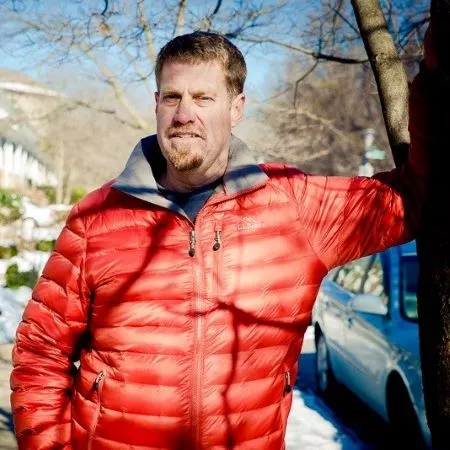Legacies of past environmental injustices can leave an imprint on the present and constrain pathways for the future. Using nearly 20 years of social and environmental justice research from the Baltimore Ecosystem Study, a long-term social ecological research project, we examine the relationships among past and current environmental injustices in Baltimore from the late 1880s to the present and consider its implications for future sustainability and resilience initiatives. Specifically, our research demonstrates that processes and procedures in the City’s early history of formal and informal segregation and subsequent practices of redlining in the 1930s have left indelible patterns of environmental and social inequalities. While these patterns are manifest in the distribution of environmental disamenities such as polluting industries, contaminated soils, urban heat islands, and vulnerability to flooding, these patterns are also evident in the distribution of environmental amenities such as trees and parks. In addition to understanding patterns of environmental dis/amenities, our work has examined how these patterns are historically constituted in order to address a fundamental question of the environmental justice literature: “which came first, the people or the hazards?” We are able to definitively show that, in the case of Baltimore, African-American neighborhoods were present first and prior social injustices were used as the rationale for perpetuating new patterns of environmental disamenities. More recently, our research shows that practices to redress some of these patterns of environmental injustices may have the opposite effect of perpetuating them.
Presenters
J. Morgan Grove
Dr. Morgan Grove is a social scientist and team leader at the Baltimore Field Station for the U.S. Department of Agriculture’s (USDA’s) Forest Service, as well as a lecturer at Yale University. He joined the USDA Forest Service in 1996 and has been a Co-Principal Investigator in the Baltimore Ecosystem Study since its beginning in 1997. Morgan was a scholar in residence at SESYNC from 2016 to 2018, where he co-led SESYNC’s postdoctoral Immersion Program. Morgan is the lead author for The Baltimore School of Urban Ecology: Space, Scale, and Time for the Study of Cities, which advances a new...
J. Morgan Grove
Dr. Morgan Grove is a social scientist and team leader at the Baltimore Field Station for the U.S. Department of Agriculture’s (USDA’s) Forest Service, as well as a lecturer at Yale University. He joined the USDA Forest Service in 1996 and has been a Co-Principal Investigator in the Baltimore Ecosystem Study since its beginning in 1997. Morgan was a scholar in residence at SESYNC from 2016 to 2018, where he co-led SESYNC’s postdoctoral Immersion Program. Morgan is the lead author for The Baltimore School of Urban Ecology: Space, Scale, and Time for the Study of Cities, which advances a new school of urban ecology for the 21st century. He co-edited a companion book, Science for the Sustainable City: Empirical Insights from the Baltimore School of Urban Ecology. Morgan has a BA from Yale College with a dual degree in Architecture and Environmental Studies, an MFS in Community Forestry from Yale University, and a PhD in Social Ecology from Yale University.
External Links:
https://scholar.google.com/citations?user=-eR7BigAAAAJ&hl=en
